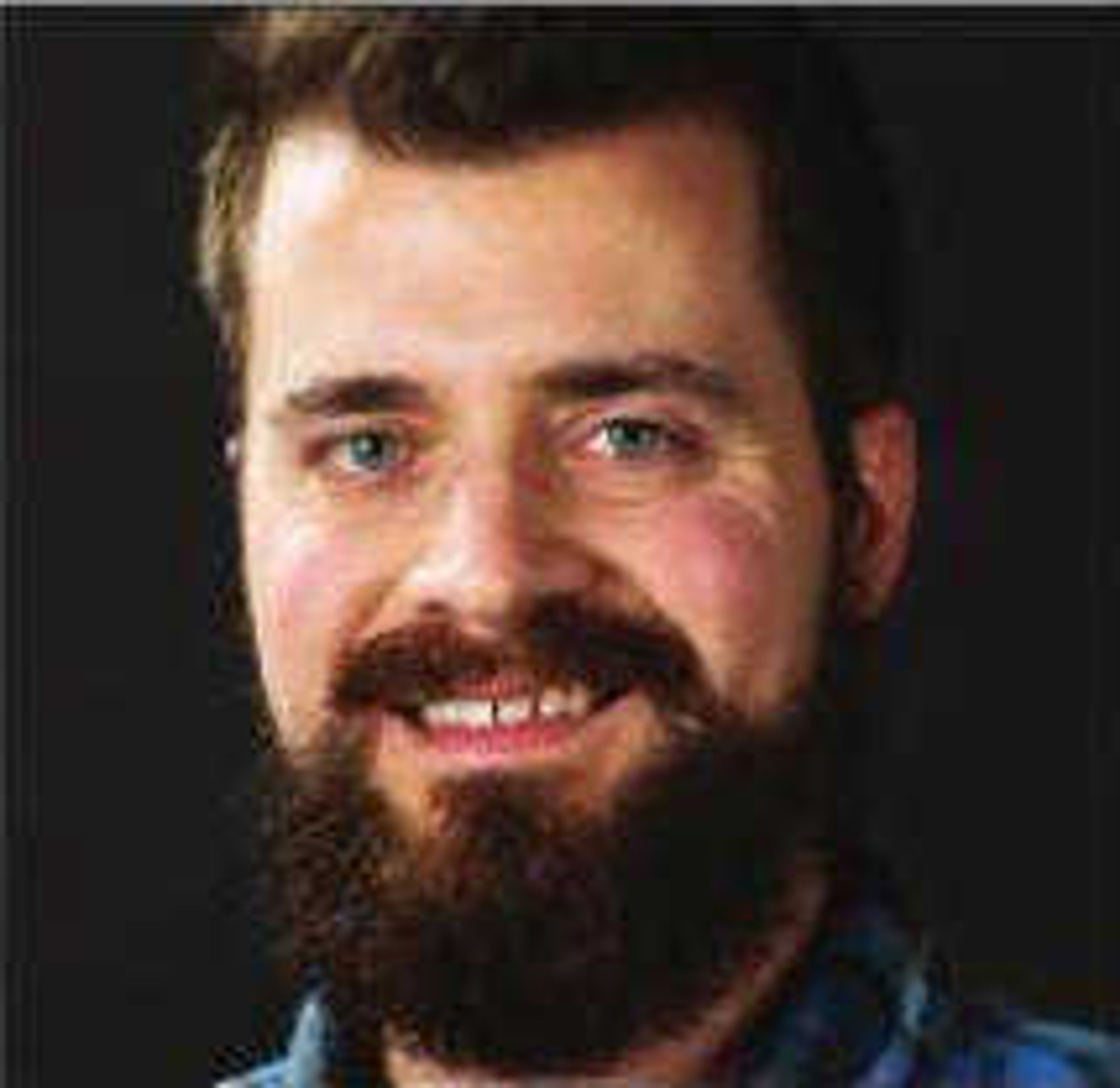Southeast debate team wins nationals third consecutive year
Southeast Missouri State University�s debate team was victorious for the third consecutive year at the national Education Debate Association�s National Debate Tournament on March 23 and 24 at Duquesne University in Pittsburgh. The team of Southeast junior Jasmine Jones of Florissant, Missouri, and freshman Sarah Mullinix of Wildwood, Missouri, won the novice division in public forum debate. ...
Southeast Missouri State University�s debate team was victorious for the third consecutive year at the national Education Debate Association�s National Debate Tournament on March 23 and 24 at Duquesne University in Pittsburgh.
The team of Southeast junior Jasmine Jones of Florissant, Missouri, and freshman Sarah Mullinix of Wildwood, Missouri, won the novice division in public forum debate. Junior Greg Johnson of Bolingbrook, Illinois, won first place in the varsity division of public forum debate for his third straight year, according to a news release.
Four teams represented Southeast at the tournament and brought home awards for two first-place finishes and stood out among universities including Shenandoah University, Indiana University, Purdue University, Capital University and Anderson University according to Avery Henry, director of debate at Southeast.
Henry said within each tournament are six preliminary rounds. Each team was given the same topic: �Should the U.S. federal government provide free college tuition to all its citizens?�
After the preliminaries, Henry said, are three rounds where teams are on the affirmative, and three rounds where teams are on the negative, with each consisting of up to two people.

At the end of the sixth round, the teams with the best record advance to an �elimination-style� tournament, Henry said.
�In open division, we were second seed coming out of the prelims,� Henry said. �Both teams advanced all the way through to finals.�
Harvey said there are four divisions, each with two styles, �traditional,� and �crossfire,� or public forum-style. Each has a novice and a varsity division, which makes up the four areas students can compete.
Each season, there are at least six official sanctioned tournaments, Henry said, with two resolutions a year, divided by semester and usually consisting of three tournaments to attend a semester.
�The first semester, we debated whether the U.S. media was trustworthy, which is more of a value topic,� Henry said. �And the second semester is usually more of a policy topic. You get that topic at the beginning of each school semester.�

Henry said any school of any size is able to compete in the tournaments because �there�s no NCAA for debates.�
As for what the debaters do between tournaments and competitions, Henry said they practice similar to how an athlete stays in shape during the offseason.
With an athlete mentality, Henry said, the team must conduct preliminary research on topics, along with creating arguments good for both sides of the �resolution,� or topic the affirmative team affirms and the negative team negates.
�After that, we work on creating strategies,� Henry said.
As tournaments begin, Henry said they incorporate adjustments similar to any sports team.

�You see what arguments other schools are making, what�s working and what�s not working and how you need to devise answers and strategies,� Henry said.
During the �off season,� Henry said the team has a room with a whiteboard listing every argument someone has made � that the team is aware of. There are scheduled meetings every week for three hours, in addition to times whenever students would like to meet and discuss research.
�And then we make sure we have a response to what that argument is,� Henry said.
Henry said there�s a summer meeting scheduled for June where the NEDA executives get together to devise a list of resolutions. He said the �general area� or category of the forthcoming debate question is known, but �right now it�s still in the discussion process.�
That same meeting will serve as an opportunity to discuss a list of three to five potential topics for the upcoming tournaments. Those then are sent to schools throughout the country and each will get a vote. The topic that receives the most votes will serve as the next tournament�s resolution.
Larry Underberg � director of debate who preceded Henry � was one of the founders of the NEDA organization, with Southeast competing since 1995, Henry said.
jhartwig@semissourian.com
(573) 388-3632
Pertinent address:
1 University Plaza, Cape Girardeau, Mo.
Connect with the Southeast Missourian Newsroom:
For corrections to this story or other insights for the editor, click here. To submit a letter to the editor, click here. To learn about the Southeast Missourian’s AI Policy, click here.











